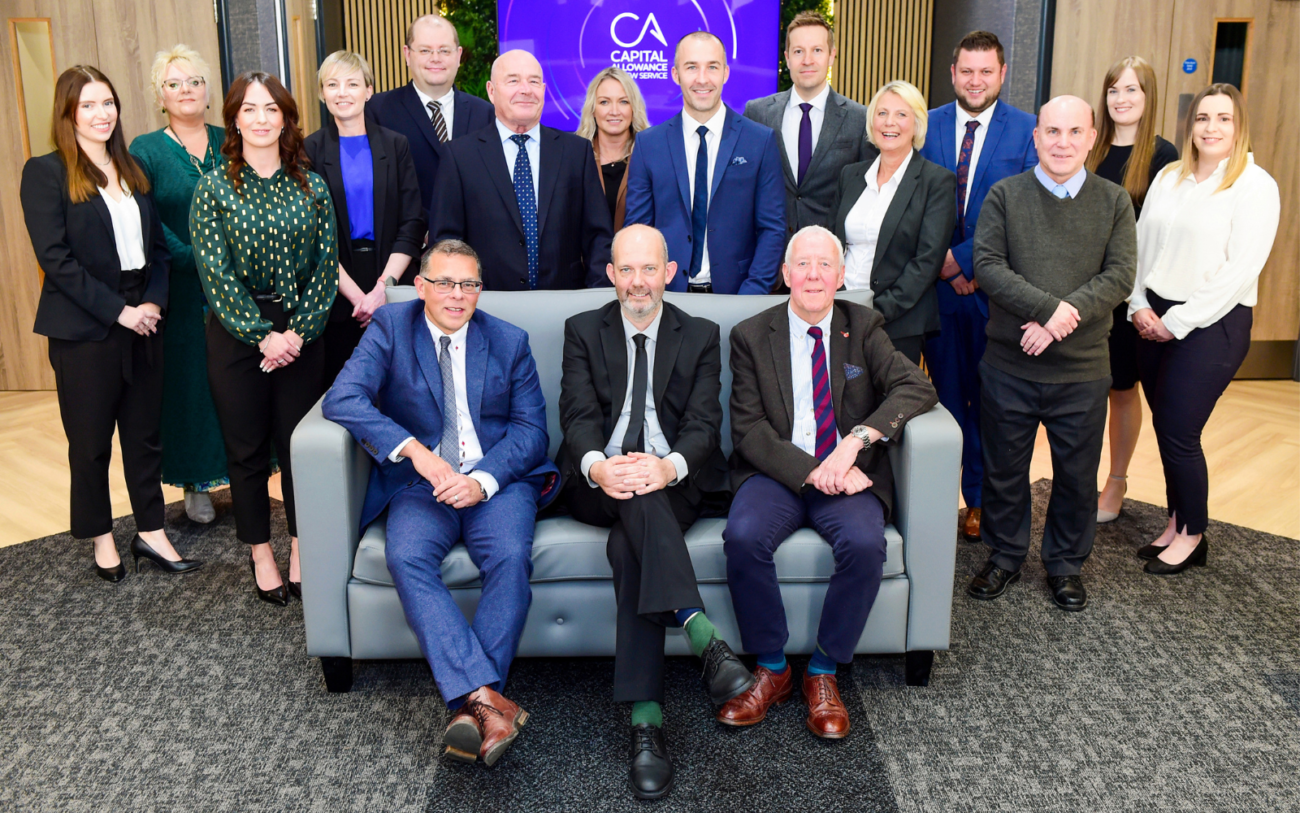Get in touch with our expert team for further support...
Latest News
-

 18 April 2024
18 April 2024A Conversation with Nicola, of Hall Livesey Brown
As a Chartered Accountant at Hall Livesey Brown, Nicola Carter provides us with a glimpse into her experience as an accountant. With nearly 20 years at the firm, she shared her journey and the challenges she’d faced. Plus, we look at the pivotal role external support has played in optimising capital... -

 11 April 2024
11 April 2024Land Remediation 2024: What Qualifies and What Doesn’t
Land remediation tax relief is a powerful incentive designed to encourage the rejuvenation of contaminated and certain derelict land. This is not only for environmental reasons but also for economic development. Understand what qualifies for this tax relief and what doesn’t, regarding Land Remediation...
Contact Us
Our expert team are here to help answer any of your capital allowances questions or enquires you have about your commercial property.








